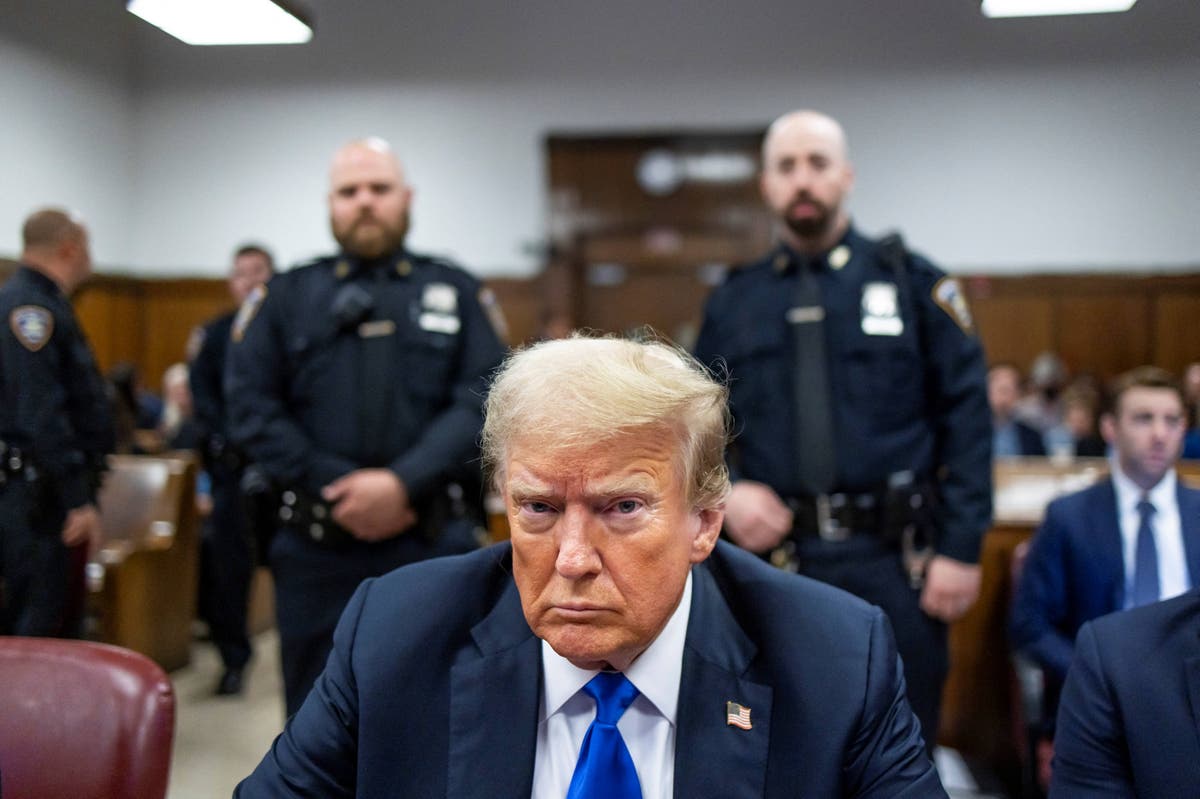German President Frank-Walter Steinmeier has dissolved parliament, paving the way for snap elections on February 23. The move comes after Chancellor Olaf Scholz's coalition government crumbled, triggering a political crisis. Steinmeier cited the need for a stable government with a clear majority to address the nation's challenges.
The decision follows a tumultuous period marked by a lost confidence vote for Scholz on December 16 and the prior collapse of his three-party coalition on November 6. This coalition had been plagued by internal disputes, particularly over economic policy. Steinmeier, after consulting with party leaders, concluded that a new government could not be formed within the existing parliament.
Under German law, the President was required to make a decision on dissolving parliament within 21 days. With the dissolution now official, the election must be held within 60 days. Major party leaders have agreed to hold the vote on February 23, seven months ahead of the originally scheduled date.
President Steinmeier has also expressed concern over potential foreign interference in the upcoming election, citing examples of both covert and overt manipulation, particularly on social media platforms. This warning comes amid concerns about election meddling seen in other nations.
The election campaign is already underway, with polls indicating that Scholz's party is trailing the conservative opposition led by Friedrich Merz. While Vice Chancellor Robert Habeck of the Greens is also a contender, his party is currently polling lower. Current trends suggest a potential coalition government led by Merz, should the current polls be realised.
Key issues dominating the political debate include immigration policy, economic revitalization, and Germany's role in supporting Ukraine against Russian aggression. The far-right, anti-immigration Alternative for Germany (AfD), led by Alice Weidel, is also polling strongly but is unlikely to form a coalition due to opposition from other parties.
Germany's electoral system typically results in coalition governments. Following the election, a period of negotiations will likely ensue as parties seek to form a new ruling alliance. This marks the fourth time that the Bundestag has been dissolved prematurely in Germany’s post-World War II history.







